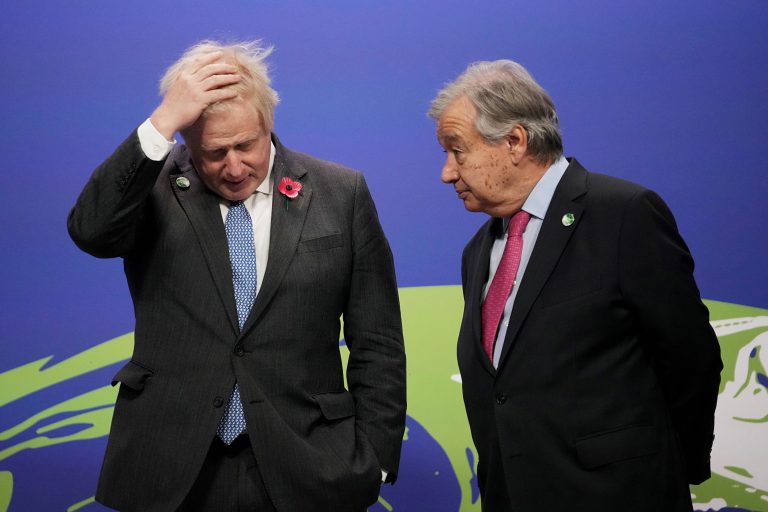In a monumental display of unity and commitment, leaders from across the globe gathered in Glasgow for the United Nations Climate Change Conference (COP26) and have reached a historic climate pact. This landmark agreement represents a significant step forward in the fight against climate change, with nations pledging to ambitious targets aimed at mitigating the effects of global warming.
The Glasgow Summit, which brought together representatives from nearly 200 countries, marked a crucial moment in the collective effort to address the urgent threat of climate change. After days of intense negotiations, world leaders emerged with a renewed sense of purpose and a shared commitment to take decisive action.
At the heart of the agreement are ambitious targets to reduce greenhouse gas emissions, with many countries committing to more aggressive goals than previously anticipated. Key provisions of the pact include:
- Net-Zero Emissions: A central pillar of the agreement is the commitment by participating nations to achieve net-zero carbon emissions by mid-century. This ambitious target represents a fundamental shift towards a carbon-neutral economy and signals a clear intention to limit global temperature rise to well below 2 degrees Celsius, as outlined in the Paris Agreement.
- Phasing Out of Fossil Fuels: Recognizing the role of fossil fuels in driving climate change, countries have pledged to accelerate the transition to renewable energy sources and to phase out coal-fired power plants. This commitment reflects a growing consensus on the need to prioritize sustainable energy alternatives in order to curb emissions and reduce reliance on environmentally harmful fuels.
- Investments in Clean Technology: The pact includes provisions for increased investment in clean energy technologies and infrastructure, with a focus on innovation and research to support the transition to a low-carbon economy. This commitment to technological advancement is seen as crucial in unlocking new opportunities for sustainable development and driving economic growth while reducing emissions.
- Support for Vulnerable Nations: Recognizing the disproportionate impact of climate change on vulnerable communities and nations, the agreement includes measures to provide financial assistance and support for adaptation and resilience-building efforts. This commitment to solidarity underscores the importance of global cooperation in addressing the social and environmental challenges posed by climate change.
- Enhanced Climate Monitoring and Reporting: The pact also emphasizes the importance of robust monitoring and reporting mechanisms to track progress towards emissions targets and hold nations accountable for their commitments. Transparency and accountability are seen as essential components of effective climate action, ensuring that countries uphold their obligations and contribute to collective efforts to combat climate change.
The historic nature of the Glasgow climate pact cannot be overstated. By coming together to forge this agreement, world leaders have demonstrated a renewed sense of urgency and determination to tackle one of the greatest challenges of our time. However, the success of the pact will ultimately depend on the concrete actions taken by countries to implement their commitments and accelerate the transition to a sustainable, low-carbon future.
As the world looks ahead to the implementation phase, it is clear that much work remains to be done. The Glasgow Summit has laid the groundwork for meaningful progress, but the true test will be in the years and decades to come as nations work to translate their pledges into tangible results. With the fate of the planet hanging in the balance, the importance of sustained global cooperation and decisive action cannot be overstated. The Glasgow climate pact represents a historic opportunity to confront the climate crisis head-on and chart a course towards a more sustainable and resilient future for all.

